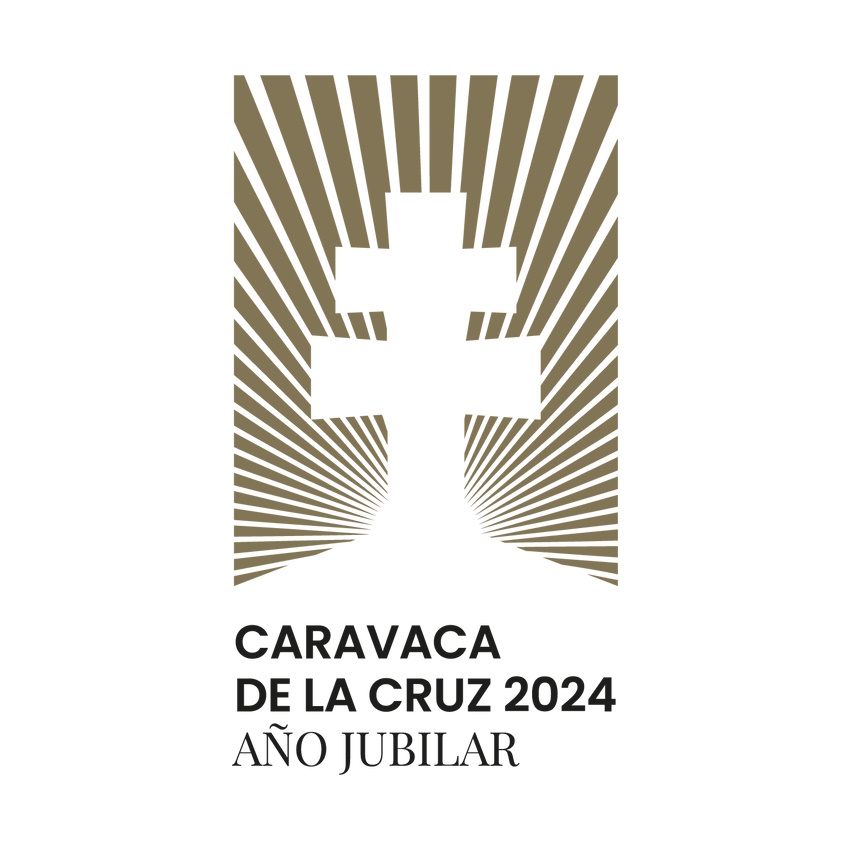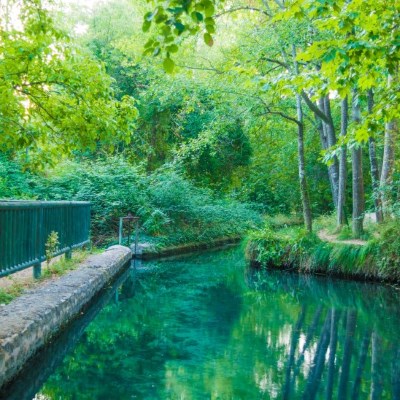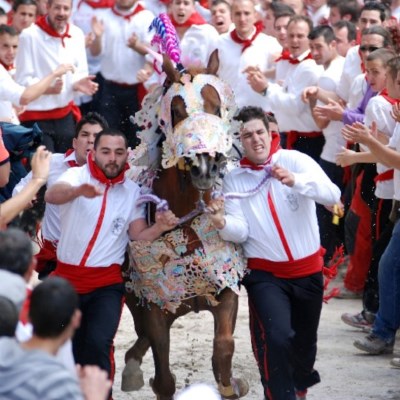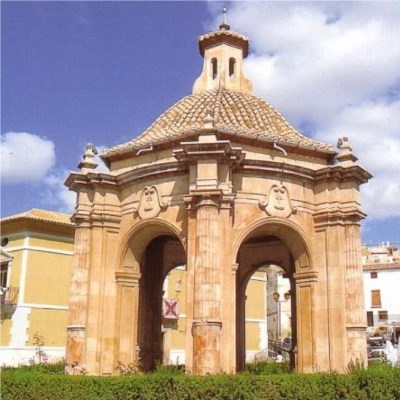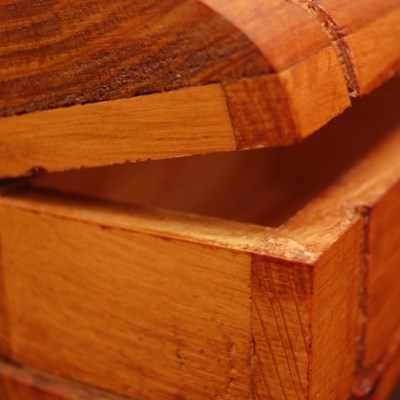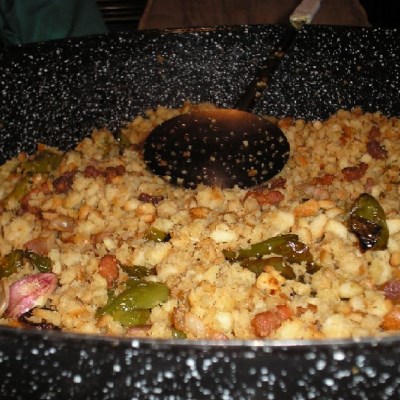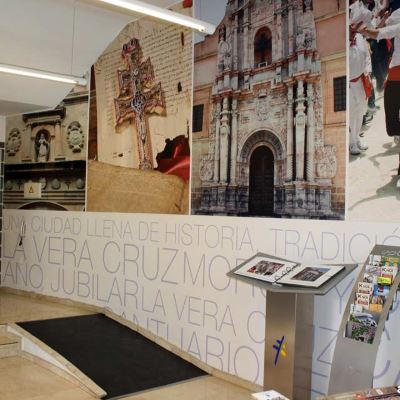Una de las actuaciones destacadas es la renaturalización del nacimiento de agua, eliminando construcciones de piedra y hormigón y devolviéndole anchura y aspecto original
El alcalde, junto a concejales del equipo de Gobierno y técnicos municipales, se ha reunido con vecinos de la pedanía para exponerles el proyecto y recoger sus aportaciones
La actuación, financiada con 65.000 euros, forma parte del Plan de Sostenibilidad Turística de Caravaca
05/03/2024. El Ayuntamiento de Caravaca de la Cruz ha elaborado un proyecto de restauración paisajística y ambiental para ‘Las Tosquillas’ de Barranda. La finalidad es mejorar la gestión y protección de este paraje natural, renaturalizando el nacimiento de agua y parte del espacio.
El alcalde, José Francisco García, junto a miembros del equipo de Gobierno y técnicos municipales, ha mantenido un encuentro con vecinos de Barranda para exponerles el proyecto y recoger sus sugerencias y aportaciones al respecto, al igual que previamente también han hecho con la Comunidad de Regantes de Las Tosquillas.
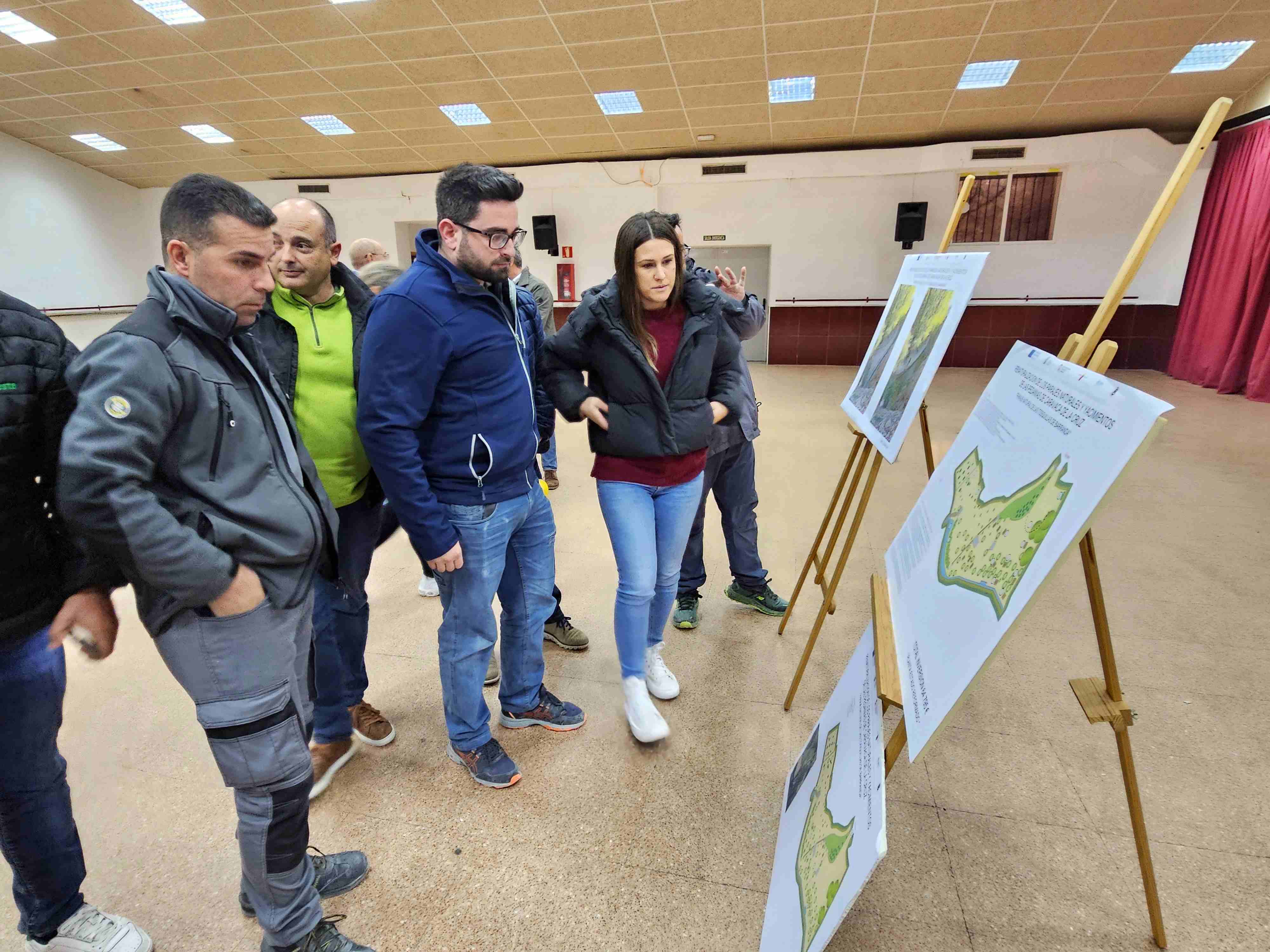
“Con esta actuación, se pretende seguir poniendo el foco en el patrimonio arqueológico, ambiental, etnográfico y en los recursos culturales y naturales de las pedanías”, según ha indicado José Francisco García, al tiempo que ha detallado que “el objetivo es que los vecinos puedan disfrutar de este paraje natural en el mejor estado posible, fomentando su disfrute sostenible y evitando usos poco adecuados para el entorno”.
El proyecto, financiado con 65.000 euros a través del Plan de Sostenibilidad Turística, pretende llevar a cabo una restauración ambiental y paisajística mediante una reorganización del espacio natural, diferenciando entre una zona con usos públicos y una zona naturalizada para fomentar y favorecer el disfrute natural y la movilidad sostenible dentro del paraje. Para ello, se contemplan diversas actuaciones, entre las que cabe destacar la renaturalización del nacimiento de agua, eliminando construcciones de piedra y hormigón y devolviendo al nacimiento su anchura y aspecto original en su primer tramo, así como la ejecución de un nuevo paseo junto al cauce natural para permitir la observación de mismo y la visita sostenible y respetuosa con el medio ambiente.
Otras intervenciones serán la reforestación de las zonas poco pobladas de arbolado y arbustos, la eliminación de las barbacoas que se encuentran bajo los pinos y que constituyen un peligro ambiental, así como la reorganización de las mesas, ubicándolas exclusivamente en la zona baja del paraje, de manera que también se evite la entrada de los vehículos hasta el nacimiento e impidiendo que este se use como lavadero. Igualmente, se recogen mejoras en el sendero de comunicación entre el paraje natural del Nacimiento de las Tosquillas con el yacimiento arqueológico Cerro de la Cabezuela.
El Plan de Sostenibilidad Turística de Caravaca también actuará en ‘El Cerro de la Fuente’ de Archivel’. El plan está dotado en su conjunto con cinco millones de euros de los fondos europeos ‘Next Generation’, del Plan de Recuperación Transformación y Resiliencia, y abarca una veintena de iniciativas destinadas a potenciar el patrimonio local, embellecer el casco histórico, mejorar los servicios turísticos y crear espacios verdes para el disfrute de residentes y visitantes por igual.


